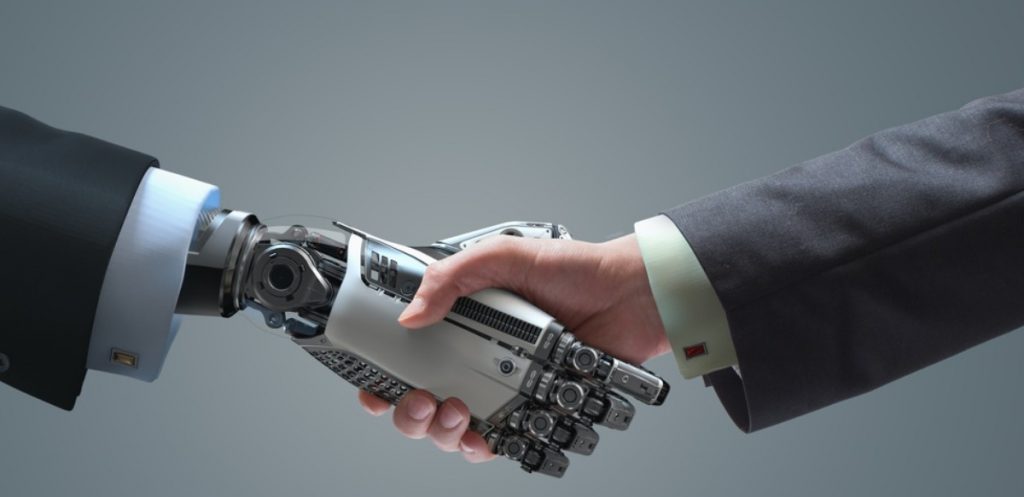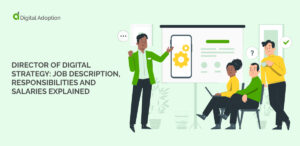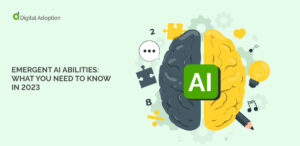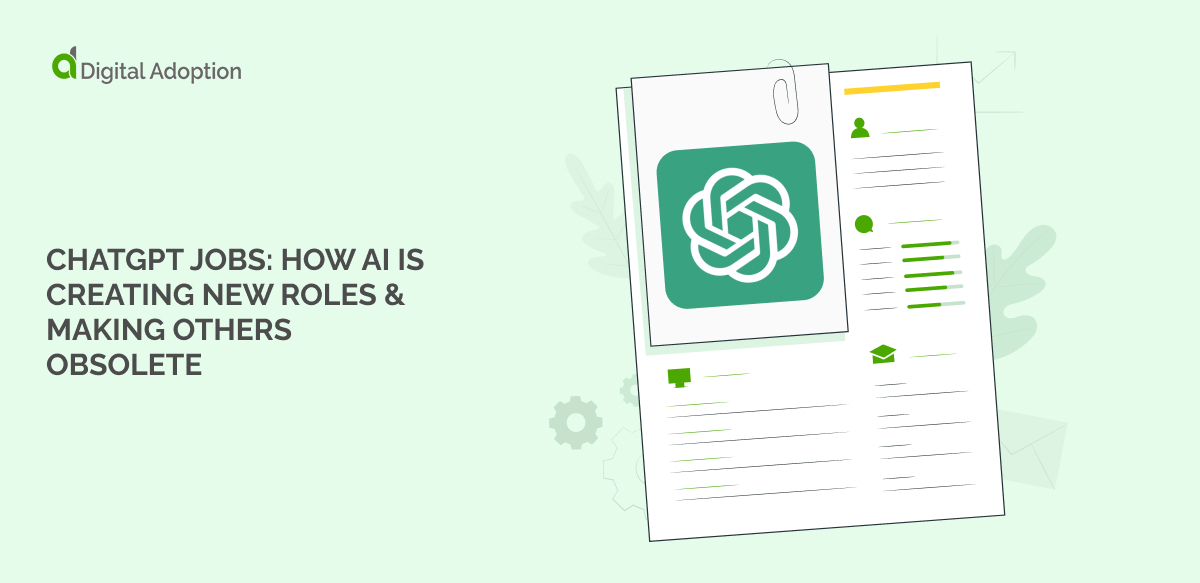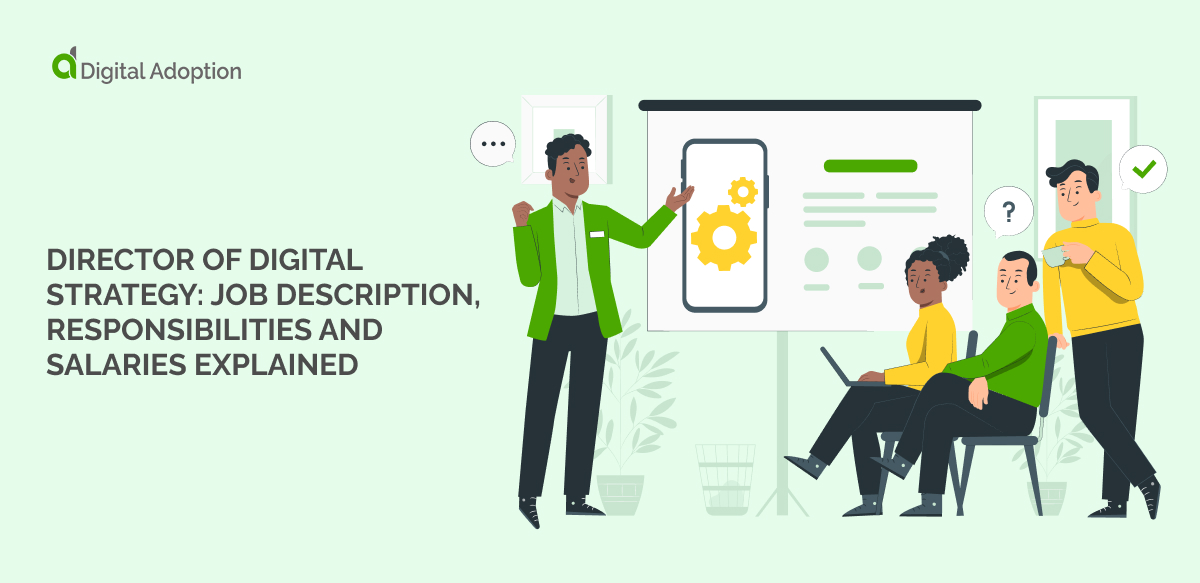To better understand what tomorrow’s business landscape will look like, we’ll learn from McKinsey – future of work is one of this company’s many areas of interest, and they are perhaps one of the best agencies to study and learn from.
As most readers know, McKinsey is one of the world’s leading research firms, offering insights on a wide variety of topics, from business strategy to digital technology.
They are an ideal resource for any business professional who wants to keep up in today’s fast-paced economy – especially as we chart a path through the COVID-19 crisis.
Below, we’ll explore some of McKinsey’s ideas and research that center around current workplace trends and the future of work.
McKinsey: Future of Work, Digital Transformation, and the Next Normal
Here are a few of the central themes that recur in McKinsey’s coverage of the future workplace:
Automation
Automation will be a core driver of many of McKinsey’s recommendations.
Technological advancements such as robotic process automation (RPA), artificial intelligence (AI), and robotics will all play an important role in tomorrow’s workplace.
The adoption of these technologies will create the largest skills mismatches in the areas that use automation most heavily, such as data analytics and IT. Yet automation tools will drive significant change in many other industries, from healthcare to manufacturing.
As automation begins to take over low-skilled jobs, such as manual labor jobs and office support functions, organizations and employees will both need to adapt.
Upskilling and Reskilling
Technology-driven change such as automation has already begun to create a skills gap in the workplace.
That skills deficit should compel companies to invest in workplace training, upskilling, and reskilling.
In fact, they claim that the majority of today’s workers will need to develop new skills in order to remain productive and employable.
Despite this looming skills gap, most employers are unprepared and lack measures that will keep their workforce productive.
To mitigate the impacts of skills mismatches, McKinsey suggests two courses of action:
- Upskilling programs that help employees become more productive
- Reskilling programs that give workers the skills needed to perform new jobs
Efforts such as these will become most necessary in “operationally intensive” sectors such as maintenance, manufacturing, and transportation – jobs in these industries, after all, are more susceptible to automation.
Intentional Learning
Along the same lines, McKinsey has suggested that intentional learning should become a focus at the individual level.
The research firm advocates for formal employee training programs, as mentioned above, but those formal programs should be complemented by a mindset shift.
Two mindsets can help employees become intentional learners:
- A growth mindset that suggests we have the ability to grow, evolve, and change
- A curiosity mindset that is built upon openness to new ideas and change
To make use of these mindsets, it is important to set goals, practice, seek feedback, and evaluate one’s progress. In other words, these mindsets must be practiced in order to reap the rewards that they offer.
Innovation, Skills, and Labor
By focusing on these three areas – innovation, skills, and labor – organizations will be key to improving well-being.
Disruption is being driven by technology in many areas, and we have seen how that disruption can negatively impact employees. If the introduction of automation technology is handled improperly, for instance, it could cause significant problems within the workforce.
To smooth over these disruptive effects, McKinsey advises paying attention to a few areas:
- Job security
- Material living standards
- Health
- Education
- Environmental sustainability
- Equal opportunities
Technology will significantly disrupt all of these areas, and those disruptions can be either positive or negative.
For instance, if employers and individuals fail to properly forecast and plan for technology’s disruptive changes, then rapid organizational changes may have serious consequences for all stakeholders.
The appropriate use of technology, however, can have the opposite effect. Talent-matching platforms, for example, can help match organizations with talent more quickly, which can lower recruitment costs, improve employee productivity, and more.
The Next Normal
Remote working became widespread during the COVID-19 pandemic, and it will remain common after the pandemic.
This post-viral era, which McKinsey calls the next normal, will result in significant changes to the business landscape, the economy, customer behavior, and the workplace, among other things.
As companies adapt to the crisis, they will proceed through six stages:
- Resolve. Addressing immediate challenges posed by the health crisis by protecting employees, ensuring the safety of customers, maintaining business continuity, and so forth.
- Resilience. Pivoting to address short-term challenges, such as cash management problems and supply chain disruptions.
- Return. Stabilizing and restoring operations, either partially or completely, as the crisis continues to unfold.
- Reimagination. Envisioning the post-pandemic world and understanding its implications for one’s own business.
- Reform. Redesigning operations for changed competitive and regulatory environment.
Successfully navigating the crisis will undoubtedly be challenging and difficult for most companies. Those that can, however, will stand a much better chance of thriving in the next normal.

